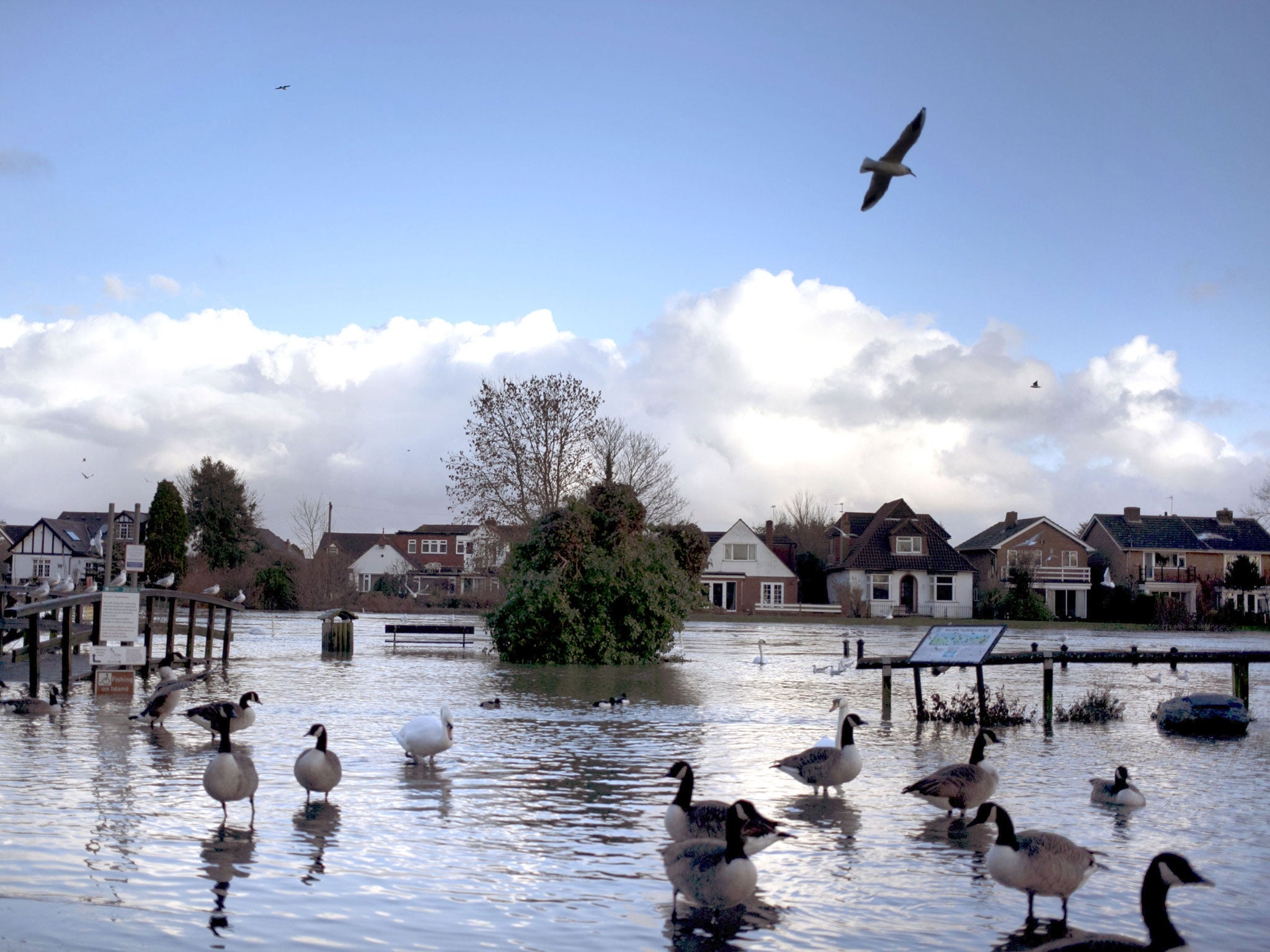Your support helps us to tell the story
From reproductive rights to climate change to Big Tech, The Independent is on the ground when the story is developing. Whether it's investigating the financials of Elon Musk's pro-Trump PAC or producing our latest documentary, 'The A Word', which shines a light on the American women fighting for reproductive rights, we know how important it is to parse out the facts from the messaging.
At such a critical moment in US history, we need reporters on the ground. Your donation allows us to keep sending journalists to speak to both sides of the story.
The Independent is trusted by Americans across the entire political spectrum. And unlike many other quality news outlets, we choose not to lock Americans out of our reporting and analysis with paywalls. We believe quality journalism should be available to everyone, paid for by those who can afford it.
Your support makes all the difference.The British Property Federation and the Council of Mortgage Lenders have warned that exclusions in the types of property to be covered by the Government’s Flood Re proposals will leave "significant" numbers of homeowners unable to get affordable flood insurance .
As currently defined, Flood Re will exclude most buildings cover for leasehold properties, the entire private rented sector, Housing association homes, new-build homes constructed after January 2009 and properties in council tax band H.
Flood Re will replace the ‘Statement of Principles’ through which insurers offered affordable flood coverage to at risk households in return for Government spending on flood defenses. The Flood Re proposals are expected to become part of the Water Bill in mid-2015.
"Every property that is occupied is somebody’s home and investment," said Ian Fletcher, Director of Policy at the BPF. "Flood doesn’t discriminate between freehold and leasehold, owner-occupation and renting, and it is of small comfort having contents cover if the building itself is left uninhabitable. If a property is at risk, regardless of its status, it needs to be able to insure itself affordably against disaster, not least because that is a condition of most mortgages.”
"Restricting the ability of landlords, particularly smaller ones, to insure their properties against flood risk will also impact on the speed at which communities recover from major flood events, if some properties are insured, but others are not because access to Flood Re excludes them. Tenants re-habitation process may be significantly drawn out and as a result local authorities will face the strain of providing lengthier temporary housing arrangements.”
Paul Smee, Director General of the CML, said: "We find it difficult to believe that the original policy intention was to exclude a whole swathe of residential property from the stated aim of ensuring that affordable flood insurance continued to be available across the market. Given that this appears to be an unintended consequence, we strongly urge legislators and the insurance industry to reconsider the proposals and ensure flood cover remains available on homes as people would expect."
Meanwhile, figures from AA Insurance indicate that despite the poor weather at the end of 2013, premiums for home insurance are still falling.
Its latest report shows that the cost of buildings, contents and combined home policies all fell during the last three months of 2013 continuing the downward trend of the past two years. The average quote for a combined policy was down 3 per cent over the last three months of 2013 to £165 and down 8.5 per cent over the year.
Simon Douglas, director of AA Insurance said: "Homes have felt the full force of the elements over recent weeks with insurers expected to meet claims in the order of £400 million. But over the year as a whole, the number and cost of severe weather claims are according to some estimates about 12% lower than in 2012 and significantly lower than the 2007 flood disaster."

Join our commenting forum
Join thought-provoking conversations, follow other Independent readers and see their replies
0Comments